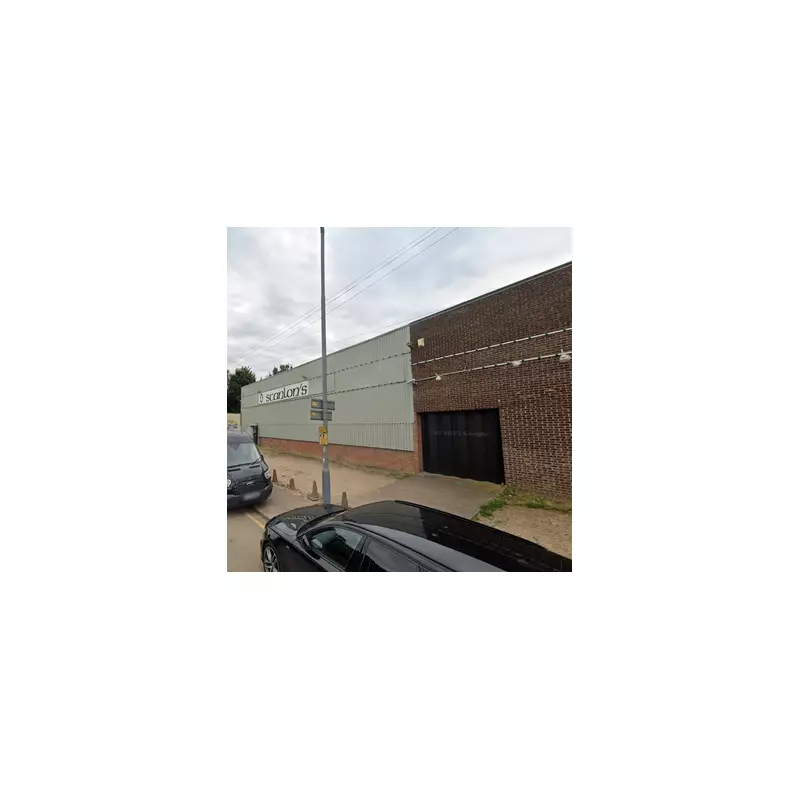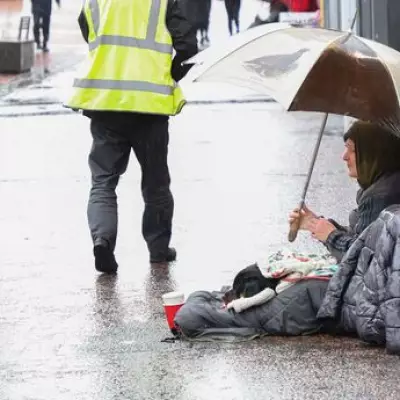
Plans to establish a new mosque in a prominent Birmingham neighbourhood have been decisively rejected by city authorities following intense scrutiny of potential extremism risks and traffic safety hazards.
Council Raises Alarm Over Extremism Concerns
Birmingham City Council's planning committee delivered a firm refusal for the proposed mosque at 2-4 Clifton Road in Sparkbrook, citing significant worries about the potential for extremist activities. The decision came after thorough examination of the application, which sought to convert existing buildings into a place of worship.
Council documents revealed officials were "not satisfied that the proposed mosque would not become a venue for visiting speakers known to express extremist views." This concern formed a crucial part of the rejection rationale, highlighting the ongoing vigilance against radical influences in community spaces.
Traffic and Parking Nightmare Feared
Beyond security considerations, the proposal faced substantial criticism regarding its potential impact on local infrastructure. Highway authorities identified multiple serious issues that made the development unacceptable:
- Inadequate on-site parking provisions for worshippers
- Significant risk of dangerous on-street parking along already congested roads
- Potential obstruction to emergency vehicle access
- Increased traffic congestion in residential areas
The proposed location's proximity to residential properties amplified these concerns, with officials warning that the development would "seriously prejudice highway safety" for local residents.
Community Impact Assessment
The planning committee's decision reflects growing scrutiny of religious institution applications in densely populated urban areas. While recognising the need for worship spaces, authorities emphasised the importance of ensuring such developments don't compromise community safety or quality of life.
This case highlights the delicate balance councils must strike between supporting religious freedom and protecting residents from potential security threats and infrastructure strain. The comprehensive refusal demonstrates Birmingham's commitment to thorough vetting processes for all community facility proposals.
The decision leaves the future of the Clifton Road site uncertain, while sending a clear message about the standards expected for religious developments in the city.





